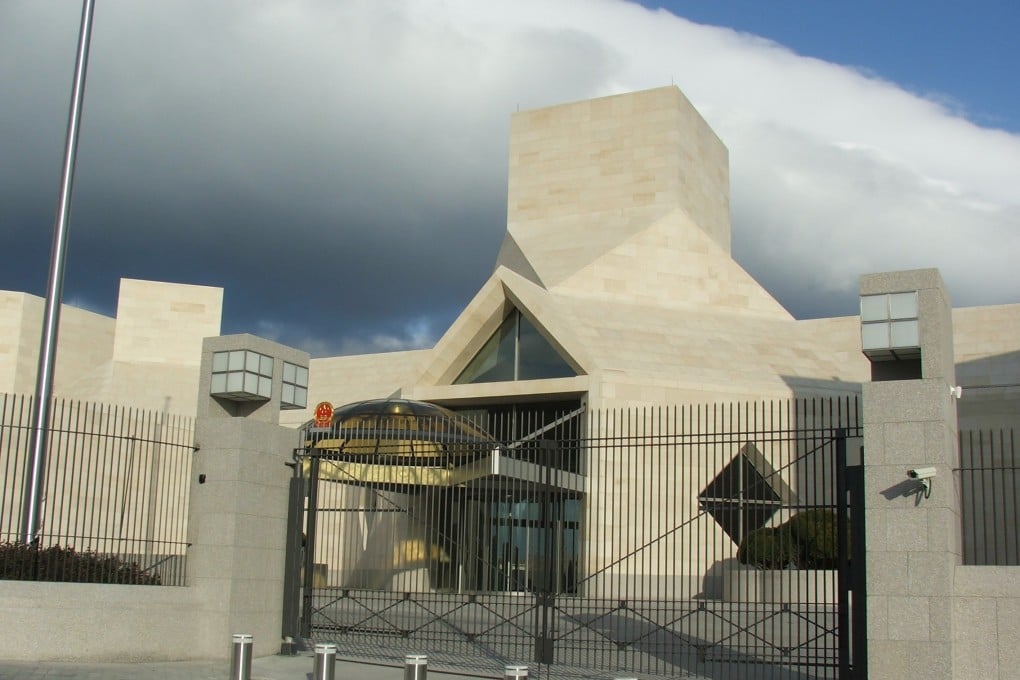Chinese diplomats must notify Washington of meetings with state or local officials, US announces in effort to change Beijing’s own diplomatic restrictions
- Notification, but not permission, is now required and also applies to meetings with US educational or research institutions
- US State Department says the move is an effort to get Beijing to relax restrictions on American diplomats in China

The US government is now requiring Chinese diplomats to inform the State Department in advance of any official visits they conduct in the country, in an effort to get Beijing to relax restrictions on American envoys in China.
The State Department has informed Chinese diplomatic missions in the US over the past week that they must notify – but do not need to seek permission from – the agency when organising visits with government officials on the state or local levels, a senior official at the department said on Wednesday.
The requirement also applies to planned meetings with US educational or research institutions.
US diplomats in China are required to obtain permission if they want to meet government officials, academics or other stakeholders in the country, the State Department official said, adding that denials are “a very common occurrence for our staff all over China”.

“We’ve been complaining to the Chinese government for years now,” the official said, denying that the new requirement was related to the US government’s other policies on China regarding trade or human rights. “The Chinese response is that ‘We give you access when appropriate’.”